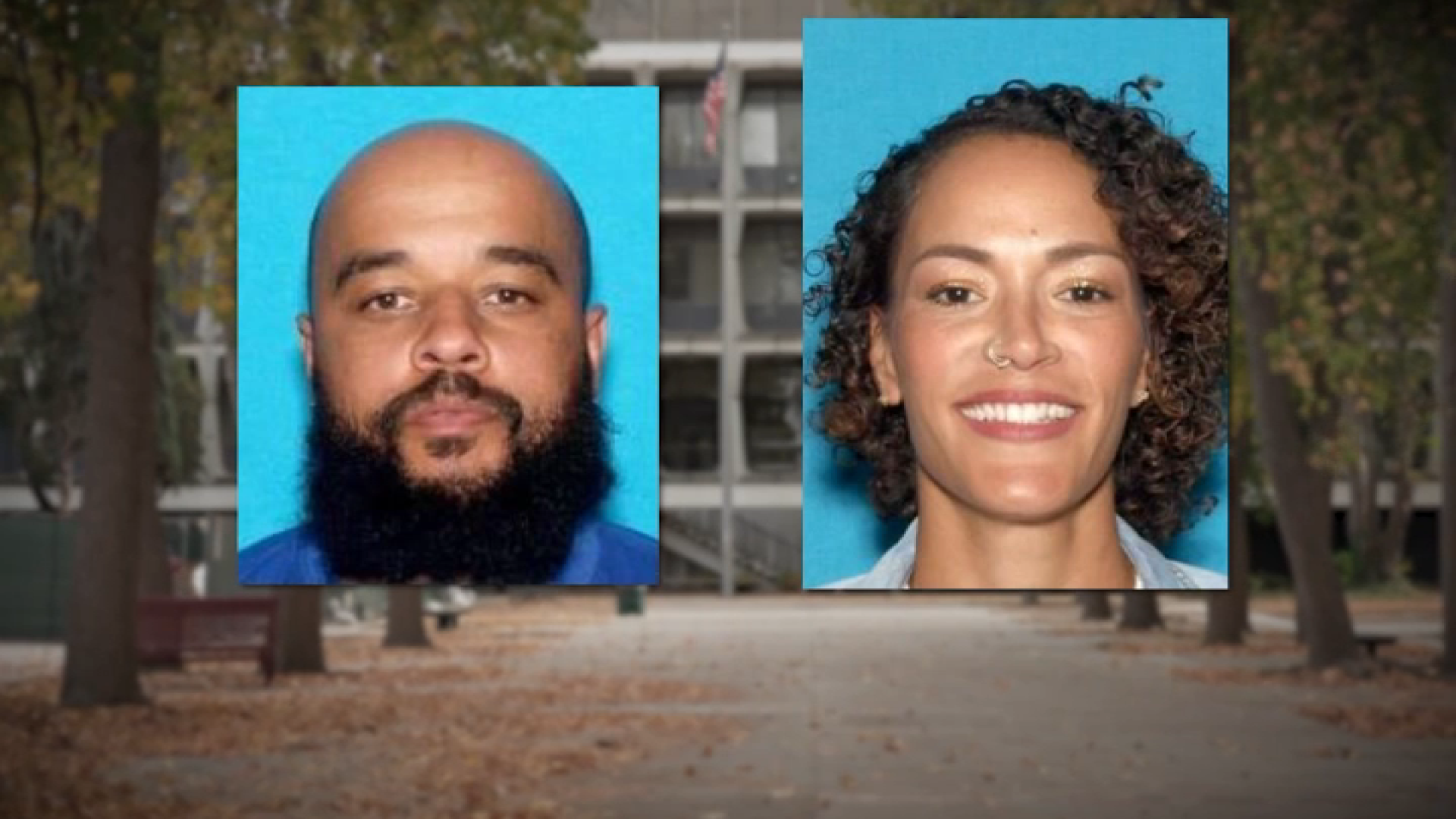The Los Angeles Unified School District is starting a brand-new school year since the coronavirus public emergency came to an end in May.
Superintendent Alberto Carvalho said one of the priorities for the district was boosting attendance after COVID restrictions kept many students out of the classroom for three years.
“This is a fantastic time of the year,” Carvalho said. “It’s a terrific time to catch up and accelerate.”
LA Unified is pushing to raise its attendance rate to at least 95% percent, so that it can receive some $300 million in education funding, according to Carvalho.
Get top local stories in Southern California delivered to you every morning. >Sign up for NBC LA's News Headlines newsletter.
To reach the goal, the district, which once had some of the most restrictive COVID-19 protocols, is now allowing sick students with “mild” symptoms to attend school.
Here’s when to send your student to school
- When your child has a mild cough or cold
- Even if your student wakes up late
- Inclement weather
Here’s when to keep your student home
- When your child has a fever over 100.4°F
- When you student is tested positive for COVID-19
- If absence benefits the student’s mental, behavioral health
More examples of excused and unexcused absences are available here.
Local
Get Los Angeles's latest local news on crime, entertainment, weather, schools, COVID, cost of living and more. Here's your go-to source for today's LA news.
As part of the push to boost attendance, Carvalho also said the LAUSD addressed teacher shortages, one of the problems that the COVID-19 pandemic exacerbated, at least for now.
“For the first time in the history of our school system, there are zero teacher vacancies on the first day of school.”
The LAUSD says students who miss school more than 10 days are considered “chronically absent.”
The district may soon ease its COVID vaccine requirements for staffers and teachers as well. Carvalho said he was planning to introduce a revised policy on vaccination to the LAUSD Board of Education.
"We're being advised by medical experts who unanimously agree that it's time. All of this is based on high vaccination rates and low hospitalization rates."



